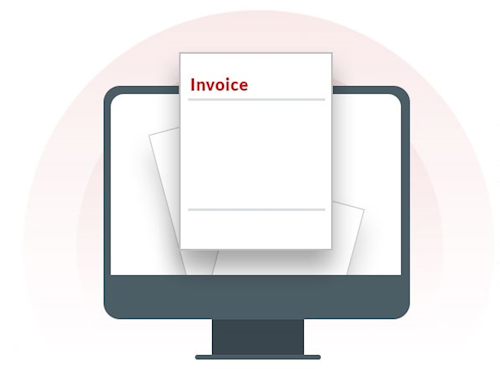As long as the outsourcing development industry has been around, there has been agencies, or at least the teams within them, that take advantage of their clients. Accountability can be hard to come by when companies are only interested in increasing their revenue. With undefined scope and unrealistic project deadlines, agencies try to pad budgets. In today’s era, despite the open access to information, it can be difficult to spot. In fact, it might even be happening to you right now. We have developed this list of potential areas of abuse based on our extensive experience. Don’t allow yourself to get duped again.
Analytics
A good agency will deliver a solid analytics strategy and follow it up with action. A bad agency will either not mention analytics at all or will compile the bare minimum amount of data, without acting upon what it says. Worse, some agencies provide recommendations that either go against the data or are built on unsound data.This means one of two things, either they analyzed the data and didn’t understand what it meant, or they purposely ignored it to pursue their own interests. In either case, this is a sure sign you need to avoid working with this agency.

The Recruitment Process when Outsourcing
Outsourcing is a not necessarily a bad thing, it depends on how you implement it. If an agency has a clear strategy where they outsource only specific tasks to professionals, that makes sense. What is wrong, however, is when agencies ship off all their work, add their markup and leave clients with the bill. Some agencies accomplish this by going through a ‘dog and pony show’, where they present their most renowned award-winning resources to get the business. Then, as soon as clients sign the SOW they transfer all the work off to outsourced, junior resources.

Initiating Constant Price Changes

It is understandable that agency partners want to be paid for their time, nobody wants to work for free. But, they shouldn’t be changing the pricing for every minor adjustment. In the past, it was easy to identify when costs should change, as refinements often took huge amounts of time. However, in the digital age, fixes, updates, and refinements are often done in minutes. Think of something being handwritten versus typed out. If something is handwritten and you want to make a minor change to wording, you will likely have to rewrite the entire document. On the other hand, if the document has been typed out on a computer it will only take a few minutes to change the wording. Although the alteration may be the same, the two should not cost the same amount of money, as one requires much more work than the other. This makes the line of when the agency should and shouldn’t ask for changes in price blurry, and there is no current set of guidelines. Our advice is to keep your eyes open. If you know that an adjustment you ask for is a 5 minute fix, and the agency asks for a price increase for the entire project, they are definitely not the type of place you want to be working with.
Delivering the minimum
Due to the nature of projects, it is necessary to set ranges on deliverables. Clients will take as much money as they can for a limited amount of work, and understandably so, they are trying to make a profit after all. Clients often try to take advantage of an agency’s lack of knowledge and attention, by making it seem like more work than it actually is. Throughout a project’s lifespan, agency members may say that deadlines cannot be met on the budget or hours that have been discussed. Abuse arises when this deadline or budget can be met, but the company is trying to increase their profit by asking for more. The solution? Knowing how to read a timetable, setting defined conditions in the scope and checking in on the project routinely.

Unclear SOW
The statement of work (SOW) is the key to a business transaction and stands as the source of truth when disputes arise. The SOW is meant to clarify deliverables, timelines, and expectations. Some agencies will take advantage of the importance of the SOW by providing deliberately vague and undetailed information. This will allow them to have a back-up when they don’t deliver on expectations. When push comes to shove, they will insist upon the interpretation of the SOW which most benefits them, and potentially leaves room to create changes in order to increase revenue
We know this is a tough topic to address, but abuse has happened forever, and you need to be aware of it before choosing an outsourcing agency. Here at Venuiti, we do our best to be the most ethical company possible. Our SOW process is collaborative, and our leadership ensures their team is inputting actual hours spent on a project. By working with us you can be sure of honest, collaborative work which gets you the best results. We hope following these practices helps you avoid future abuse, and maybe you’ll even find it’s time to change who you work with.

With any business relationship, your outsourcing company is your partner – not your enemy, and it helps to work with, not against each other. Based on our experiences at Venuiti, maintaining a well-communicated project ensures a healthy business relationship. Make sure you apply these tips in your next project and you’ll ensure a smooth and successful outcome.
















